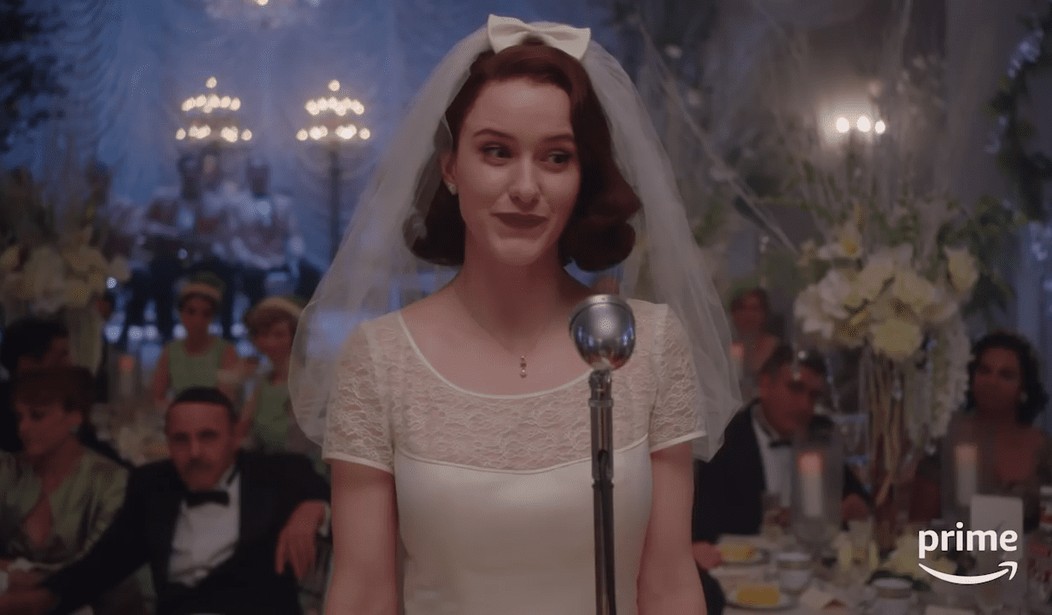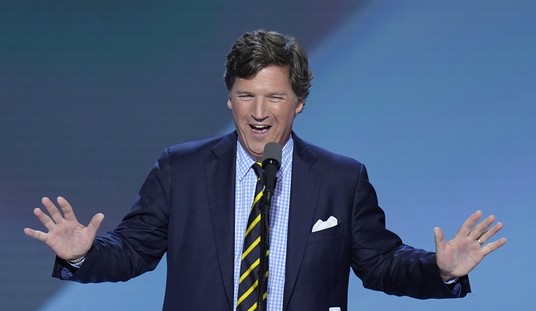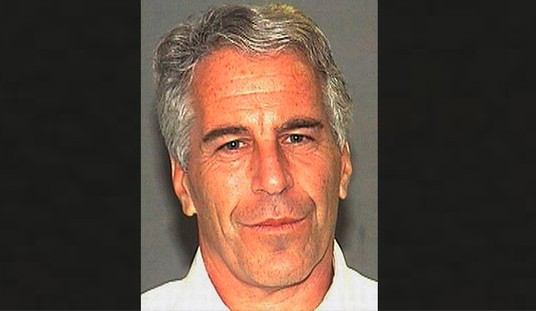In his recent sports coverage here at PJ Media, John Ellis wisely observed of the Brazilian transgender volleyball player Tiffany Abreu, “Soon real women will be erased from the history books.” Ellis is absolutely right. The growing number of male transgender players in sports highlights a real threat to biologically female players: Men are naturally stronger than women. Trans men will always stand a better chance of overpowering biological women on the field. Despite this source of gross inequality towards women, feminists support the rights of trans men to be treated as women. This is why the feminist defense of the trans movement is so incredibly confusing. But, it shouldn’t be. When feminists demanded women be divorced from the role of mother in the 1960s, they paved the way for today’s trans movement takeover.
Nothing highlights this sad truth better than the ongoing critical battle over the Amazon Prime series The Marvelous Mrs. Maisel. Set in early 1960s New York City, the show follows young Midge Maisel’s burgeoning career as a stand-up comedian in the wake of her husband’s shocking revelation that he had been cheating on her and would be seeking a divorce. Saddled with two young children, Midge rises to the occasion and in doing so learns she can capitalize on her talent.
https://youtu.be/w_dGfLxHv1o
On the surface, the show, from Gilmore Girls creator Amy Sherman-Palladino, is a lighthearted romp favored by most of its female target audience. Except, of course, for one thing: Midge’s complete lack of a relationship with her children.
Writing at Kveller, mother of six Jordana Horn comments:
But Midge’s apparent utter lack of concern for her children is something startling — even to me, and I’m writing as someone who similarly delegated childcare to my own parents after my divorce. Midge’s happiness and sense of self seem to derive almost entirely from her escape from the expected roles of a 1950s housewife and mother. …What bothers me is that the show seems to implicitly convey an age-old idea that has dogged us women for generations: the idea that loving and caring for kids is just not sexy. And by sexy, I don’t only mean provoking ideas of intimacy — I also mean fun, fun-loving, and vibrant with energy. You know, the stuff that makes life worth living.
Over at the Jewish feminist blog Lilith, Sara Fredman responds that Horn’s “critique of Midge Maisel as mother is predicated upon a conflation of women and maternity and reflects our cultural inability to distinguish between a woman and her uterus.”
In light of the increasing power of the trans movement over feminism, the question becomes “should we distinguish between a woman and her uterus?” If we assert that a woman is still a woman without her reproductive organs, are we giving credence to men who want to manipulate the myth of gender dysphoria to one-up women on the sports field, or in any field of life?
It only takes a cursory read of Lena Dunham’s compelling account of losing her uterus to endometriosis to realize that even the most ardent of feminist identifies strongly with her ability to reproduce. Individual critiques of a woman’s skills or behaviors as a mother aside, does “distinguishing a woman from her uterus” actually do anything to favor that woman? Or does it simply empower men to assert that even they can wield girl power to their advantage?
Proponents of the trans movement say yes and cede feminist power accordingly. In their determination to level the playing field, feminists who want to liberate women from their reproductive powers are hanging their own Sisterhood out to dry. Women, you’ve been warned.









Join the conversation as a VIP Member